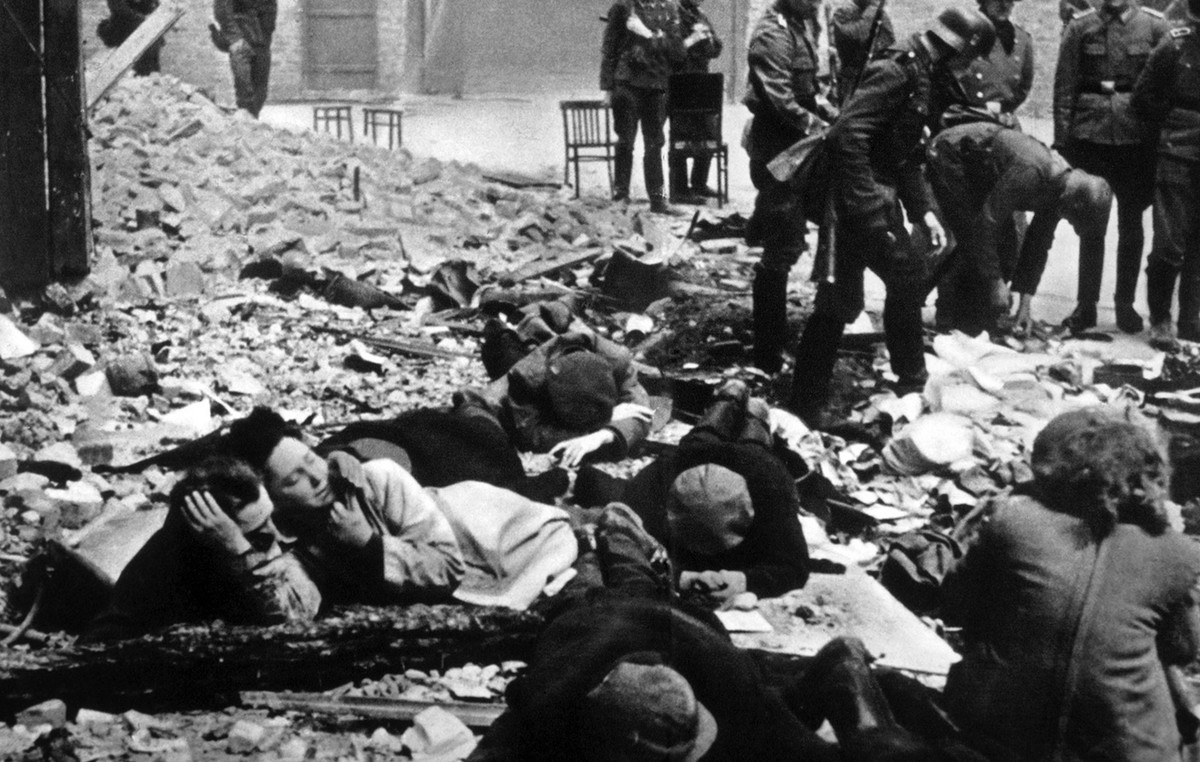The “American factor” may oblige banks to reserve at least R$ 7 billion in their balance sheet to cover the eventual risk of default by the retailer.
According to financial market executives, Bradesco, Santander, Itaú Unibanco, Safra, BTG Pactual and Banco do Brasil are, in order, the institutions with the highest volume of loans granted to the company. The amount that each bank lent varies, but ranges from around R$5 billion, in the case of Bradesco, to R$1.3 billion, in that of BB.
The institutions do not inform the values out of respect for bank secrecy. By current legislation, they are obliged to set aside part of the money to cover the risk of bad debts, the so-called provisioning.
In the case of Americanas, the final amount will depend on factors such as whether the key partners – Jorge Paulo Lemann, Marcel Telles and Beto Sicupira – will inject new funds into the company or whether Americanas will file for bankruptcy. The retailer’s crisis has dragged on since last week, after the existence of an “accounting inconsistency” of R$ 20 billion was made public.
A default would not decapitalize the banks, but it could reduce their profits. For the provisioning, it is not necessary to reserve the total debt, but a part according to the risk.
Considering a scenario in which the banks would reserve half of the loans, Bradesco would have to set aside R$2.3 billion to cover losses with Americanas; Santander, R$ 1.8 billion; Itaú, R$ 1.7 billion; BTG, BRL 950 million; and BB, R$ 650 million. The calculations are by analyst Rafael Frade, from Citi. Sought, the banks did not comment.
The amount, however, will depend on the development of negotiations between the banks and the retailer. A judicial reorganization would not necessarily lead to the credit being considered in default, and there would be a negotiation around discounts. So far, the banks have already made it clear that they will only make an agreement if Americanas is capitalized – which has generated an impasse between the institutions and the reference shareholders.
“If the company files for judicial recovery and there is no type of capitalization, it will be the worst scenario”, says the director responsible for financial entities at S&P, Guilherme Machado. “This could make banks, within a period of six months, provision 100% of operations.”
Genial Investimentos estimated that, in this more negative scenario, the banks’ net profit could fall from 1.8% (in the case of BB) to 6.9% (in the case of Bradesco).
Salaries
Part of the creditor banks has gone to court to guarantee the early collection of Americanas’ debts, which would help reduce losses.
BTG and BV (former Votorantim), for example, claim to have liquidated operations after the disclosure of the material fact that informed the retailer’s BRL 20 billion shortfall. To protect itself from this movement, Americanas obtained an injunction last week to avoid blocking funds.
“All credits that Banco BV had on the said date (of the publication of the material fact) with the Americanas group were extinguished,” said BV. As found out by Estadão/Broadcastoperations totaled around R$ 400 million.
BTG, in turn, managed to recover this Wednesday, the 18th, R$ 1.2 billion from Americanas – in a decision by the judge Flávio Marcelo de Azevedo Horta Fernandes, from the Justice of Rio de Janeiro -, and would have a balance of R$ 1. 9 billion still outstanding.
Bradesco appealed to Justice this Wednesday to have the same right, and experts expect other creditor banks to move in the same direction.
This higher risk for the company is perceived by risk rating agencies.
Fitch, for example, cut Americanas’ rating to C, while S&P downgraded the company to D. At Moody’s, the cut was to Caa3. In all three cases, the grades signify a high or very high default risk. A week ago, the company had better ratings than Brazil itself in some agencies.
Source: CNN Brasil
A journalist with over 7 years of experience in the news industry, currently working at World Stock Market as an author for the Entertainment section and also contributing to the Economics or finance section on a part-time basis. Has a passion for Entertainment and fashion topics, and has put in a lot of research and effort to provide accurate information to readers.







